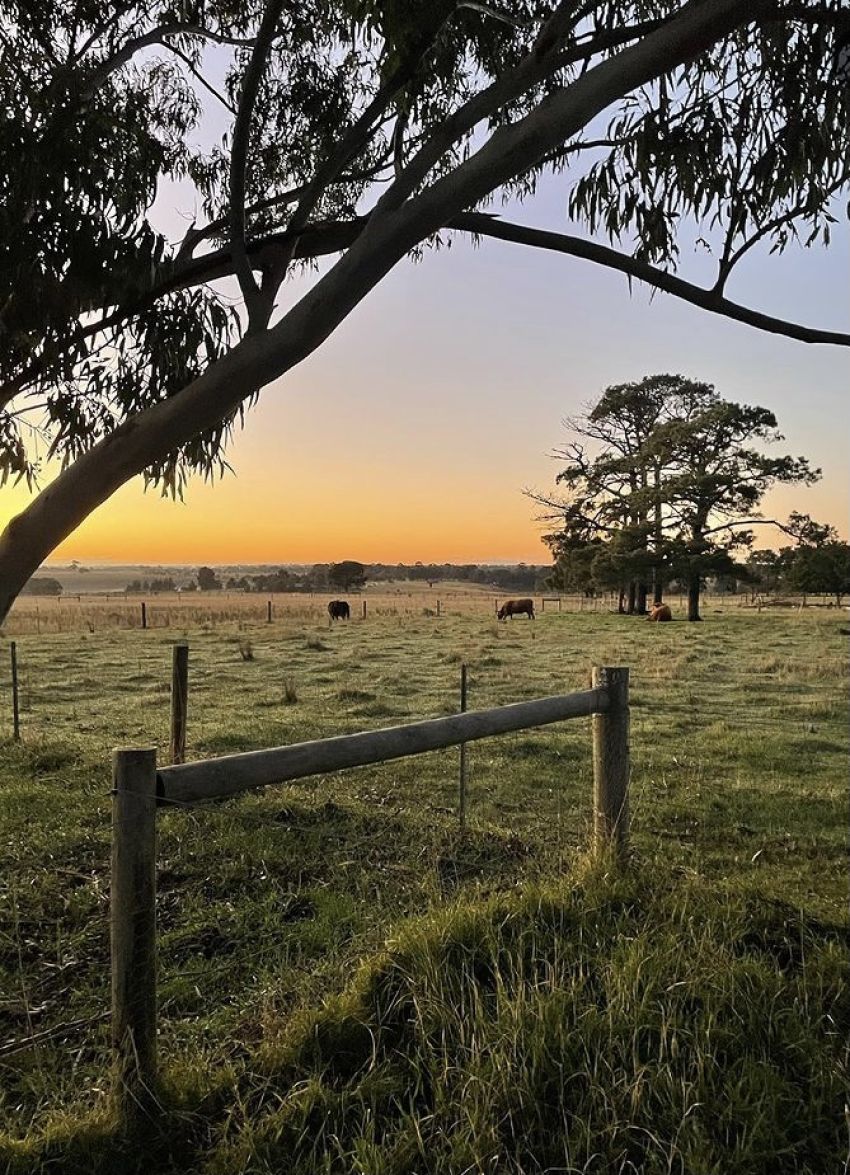
Nothing maintains the culture wars more than a conservative prime minister blaming the unemployed for their lack of employment to a room full of rich businesspeople.
Prime Minister Scott Morrison told a lunch meeting of Sydney businesspeople in March that job seekers must now look for work in rural Australia, or risk having their entitlements taken away.
Morrison spoke to his conservative base when he exclaimed: “Every day we hear the stories of employers, especially in regional areas, unable to fill positions. It’s got way past anecdotal.”
It does seem, however, that the only evidence for this claim is the government’s own manufacturing of the figures.
The New Daily revealed in February that, while 10,500 people took up fruit picking jobs in regional areas during the previous six months, some 3500 applicants were knocked back, the reasons for which are unknown.
In March, as the JobSeeker allowance was raised by a miniscule amount — to $44 a day — 155,000 more people were pushed into poverty.
In August, Treasurer Josh Frydenburg was spruiking the fact that the unemployment rate had fallen to 4.6%, down from 4.9% in July. But this figure did not take into account the city-wide lockdowns in Sydney and Melbourne.
This is because the Australian Bureau of Statistics counts people as “employed” even if they work only one hour a week. The ABS also noted that the falling unemployment rate was not a sign of a strong jobs market.
With no work, many people have simply stopped looking for it.
Morrison’s push for unemployed people to move to regional Australia to find jobs belies the reality that country areas have dramatically fewer employment opportunities compared to cities. This is why many people move from rural areas to cities.
The Department of Social Security wants job seekers to get permission to move to regional areas. But relocating to a place with fewer work opportunities puts you at risk of having your Centrelink payment suspended. So, you are damned if you do and damned if you don’t.
It is a common theme under neoliberalism that decisions are made for people on welfare, not in consultation with them. The government’s attempts this year to change the National Disability Insurance Scheme, or the horrific failures of "robodebt", underscore how little interest in people’s welfare the government really has.
Consider if a job seeker could relocate: would JobSeeker recipients be expected to apply for jobs with a city address and then move out of the city, or would they have to move to a regional area before starting to look for work? Either way, these are key concerns and with the second option there would be far less chance of finding work.
In addition, work in the regions is often not permanent. It is nearly all seasonal: fruit picking, for example, rarely lasts more than three months. Should a job seeker sign a full lease for a rental property knowing they will be unemployed again shortly? Is the job seeker being asked to break an existing lease to relocate on the off-chance that there is (short-term) work available?
How can a job seeker afford to relocate on $300 a week? Real estate agents demand to see pay slips or proof of employment, and forking out four weeks' rent (minimum), plus bond, in advance is no easy feat for a job seeker.
No-one at the March business lunch asked the PM to clarify how unemployed people are supposed to surmount these barriers. Why would they?